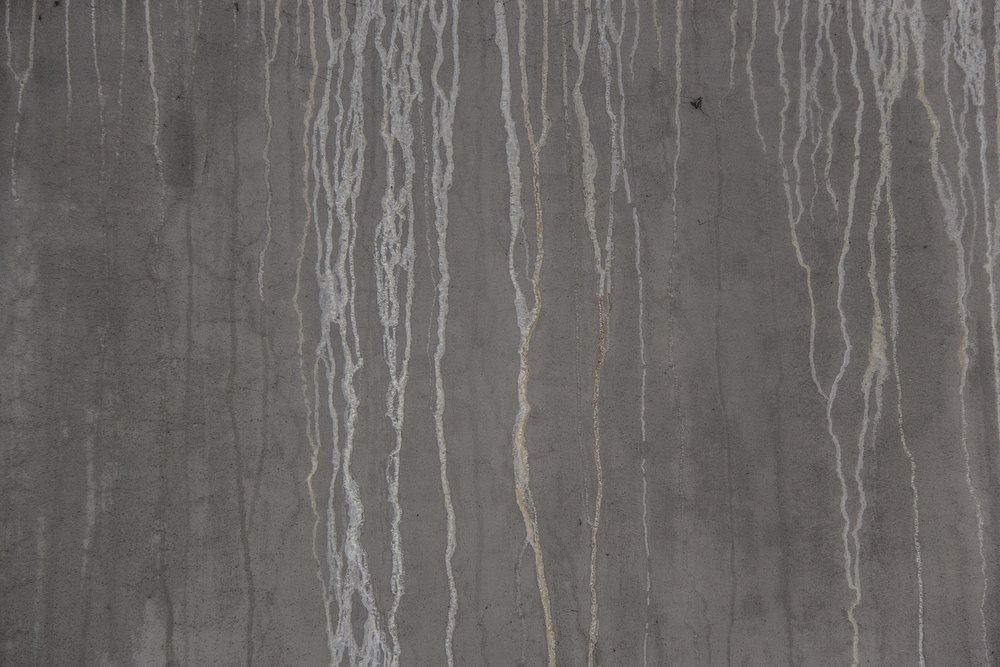When you find a leak in your concrete basement or crawl space walls, this can prove a stressful situation. Unlike a leak in drywall or your ceiling, a leak in concrete often indicates a crack in a structural component of the house. It’s not as simple as finding the source behind the wall and replacing that part of sheetrock once the situation has been resolved.
If you encounter a leak in the concrete, do not panic. Not every instance will require costly or time-consuming remediation.
Here are some steps you can take if you encounter a leak:
Discover the Source of the Leak
With drywalled basements, a leak will often be caused by a plumbing issue. You might search behind the wall for a broken or ill-fastened pipe and then correct this problem and replace any affected sheetrock.
However, leaks in concrete basement walls are often unrelated to plumbing since there are usually no pipes running behind them. Though faulty pipes could still contribute to a leak in these types of walls, it usually comes from another source.
Here are some potential places to look for the source of the leak:
Indoor Plumbing
As mentioned above, plumbing is a less-likely cause of leaks in concrete walls than environmental factors, but it still could contribute to the problem.
Check the plumbing in your home above the area of your basement where the leak occurred. See if there are any issues with the pipes that could be leading to a leak downstairs.
If you have any drains, sinks, or washing machines in your basement, check those as well. Look to see if there are any instances of compromised plumbing.
Outdoor Plumbing
Sometimes, leaks in your basement walls could be coming from any damaged outdoor plumbing. If you have the utility data for your home, identify the location of your water line on your property and check around it for any moist or muddy soil. This could indicate that water is leaking out of the pipe and saturating the nearby soil.
Be sure to also check near any water spigots, hose connections, or wells near your home. A drip or leak in one of these can also lead to water accumulation near the foundation and put added pressure on the concrete.
Crevices or Openings Near Your Foundation
As your home ages and settles, the soil around your foundation can shift. Driveways may slope away from the foundation and create a small crevice between the concrete and asphalt. This can trap rainwater and snow.
Similarly, look for any holes in the earth near your foundation as well, such as window wells or any holes dug by animals. Water can become trapped in these areas and contribute to a leak in your sublevel.
Replacing Old Vapor Barriers/Equipment
Do you have a sump pump in your basement or crawl space that has stopped working? Perhaps there’s a tear in your vapor barrier and section of it needs to be replaced? In some cases, replacing old, faulty equipment can resolve the issue.
Concrete Erosion
Check the basement walls themselves for any signs of damage or erosion. While environmental factors can contribute to leaks, sometimes the walls are simply damaged or have degraded over time and may need a patch to solve the problem.
Can’t Find the Source? Call a Professional
If you cannot find the source of the leak, you may need to call a professional to help you. They can arrive at your home and examine your property. Once they’ve identified the source, they will recommend a solution to correct the problem.
When You Find the Source of the Leak, What Should You Do?
If you are able to find the source of the leak, you can try to remedy the situation on your own. For example, you can try patching a crack or hole in your concrete and see if that resolves the issue.
If you are unable to resolve the cause of the leak on your own, you should call a professional. Beyond remediating the problem, the professional service technician can provide a solution to prevent similar instances from reoccurring, such as installing new equipment or barriers.
Do you want to speak with a professional about leaks in your own concrete walls? If you live in southern Delaware or the Eastern Shore of Maryland, we are here to help. Contact us or call us anytime at (410)543 4848 or (302)468-1811 to speak with one of our team members.


